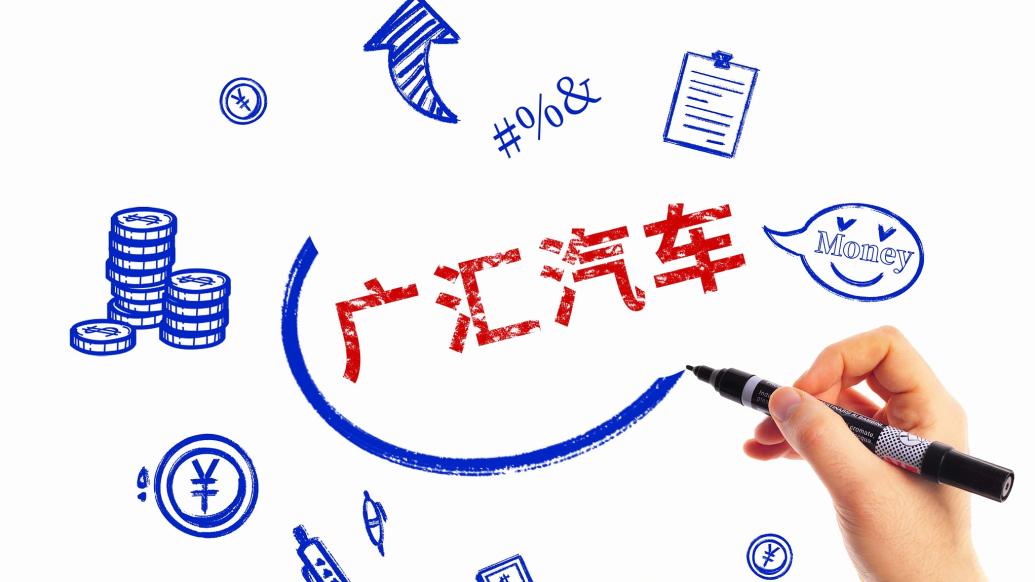
On July 17, China's largest automobile dealer, Guanghui Auto, opened at the limit down, with the share price at 0.78 yuan per share.
Since June 20, the share price of Guanghui Auto has been below 1 yuan for 20 consecutive trading days, and is about to trigger the par value delisting clause.

Previously, Guanghui Auto has taken many self-rescue measures. On July 11, Guanghui Auto urgently planned to change its actual control and transfer the company's control to Jinzheng Technology. However, the announcement stated that the matter is still in the negotiation stage, and the parties have not signed the relevant equity transfer agreement or cooperation framework agreement. There is still uncertainty as to whether it can be signed, whether the matter will be finally implemented and the results of the implementation.
Subsequently, on July 13, Guanghui Auto announced that it had signed a strategic cooperation agreement with Zhongjun Technology. According to the agreement, the two parties will focus on the automotive service business, develop new productivity businesses such as related intelligent software and intelligent devices, comprehensively promote Guanghui Auto's development into the high-tech field, accelerate technological transformation, and reshape Guanghui Auto's value system.
However, these self-rescue measures had very limited impact on the stock price. The announcement of the equity change caused the stock price to hit the daily limit for two consecutive days, and then continued to weaken.
Public data shows that Guanghui Auto was founded in 2006. Through continuous acquisitions, Guanghui Auto became the world's leading auto dealer in 2012. In 2018, Guanghui Auto's performance began to decline; in 2022, Guanghui Auto's loss reached 2.669 billion yuan; in 2023, the company turned losses into profits. According to the latest "Top 100 Dealer Groups Ranking" released by the China Automobile Dealers Association, Guanghui Auto ranked second in 2023 with a total operating income of 137.998 billion yuan and a total car sales of 713,000 vehicles.
By the first half of 2024, Guanghui Auto once again fell into a vortex of losses. According to the performance forecast released by Guanghui Auto on the evening of July 12, the company expects a net loss of 583 million to 699 million yuan attributable to shareholders of the listed company in the first half of 2024, compared with a profit of 601 million yuan in the same period last year; the net profit attributable to shareholders of the listed company after deducting non-recurring gains and losses will be a loss of 756 million to 872 million yuan, compared with a profit of 333 million yuan in the same period last year.
In this regard, Guanghui Auto attributed the decline in the company's new car sales volume and gross profit margin compared with the same period last year to the downgrade of market consumption, the intensification of industry competition, and the price war among major automakers to grab market share.
In order to survive in the new energy era, Guanghui Auto is also trying to transform. It is reported that Guanghui Auto has obtained 14 new energy brand authorizations in 2024, including Zeekr, ICAR, Xiaopeng and Avita. In addition, Guanghui Auto has taken decisive measures to "close, stop and transfer" weak brands with poor performance, continuous losses and inefficient stores.
Next, the delisting of Guanghui Auto is bound to have a certain impact on the entire automobile dealer industry, and the difficulties it faces have already sounded the alarm for a group of traditional dealers.